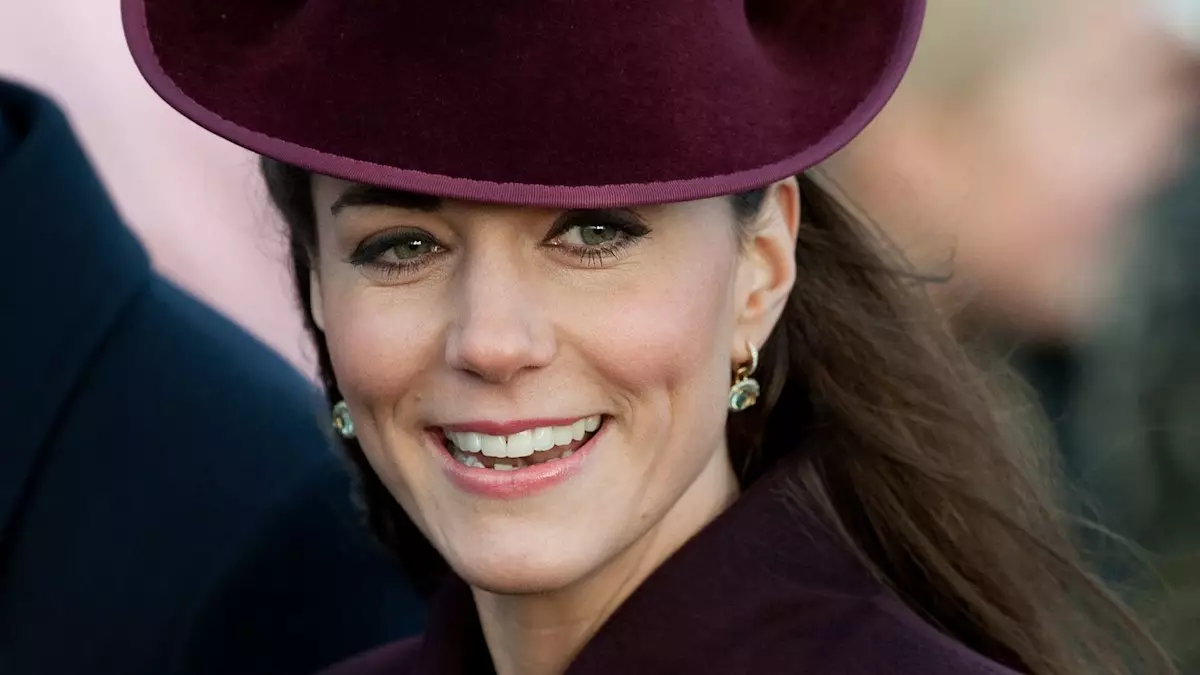In a remarkable shift for the royal family, the Princess of Wales, Kate Middleton, is poised to become the first individual to bestow royal warrants since 1910. At 43, Kate will follow in the footsteps of her predecessors, adding her distinct mark on British heritage by recognizing companies that demonstrate exceptional skill and industry. This development, confirmed by The Times, signifies not only a personal milestone for Kate but also a revitalization of royal connections to British commerce.
Royal warrants serve as a prestigious endorsement for companies and individuals providing goods or services to the royal family. The authority to grant these warrants rests solely with the reigning monarch. Historically, this privilege has been enjoyed by notable figures such as Queen Elizabeth II and other members of the royal family, including the late Queen Mother and the Duke of Edinburgh. While King Charles began issuing royal warrants in 1980, Princess Diana did not extend this practice during her time as Princess, marking a significant return to tradition with Kate’s upcoming involvement.
Currently, over 800 establishments are recognized as Royal Warrant holders, a testament to the enduring relationship between the monarchy and the business community. While the royal family often emphasizes the importance of supporting British enterprises, it’s significant to note that there is no mandate for warrant-holding companies to be British-owned or based in the UK. Furthermore, businesses do not trade in free goods or services; all transactions occur on a commercial basis, maintaining a professional relationship with the royal household.
This development comes on the heels of Kate Middleton’s recent birthday celebrations, where husband Prince William shared a heartfelt tribute to his wife. He celebrated not only her birthday but also the resilience she has exhibited over the past year. “The strength you’ve shown… has been remarkable,” he wrote, highlighting the deep admiration and affection that define their partnership. With this acknowledgment, Kate’s entry into the realm of royal warrants is not merely a professional venture but a deeply personal one, resonating with her role as a devoted mother and wife.
Kate Middleton’s decision to engage in granting royal warrants might also signal a commitment to modernity within the royal sphere, emphasizing sustainability and skill development in British industry. With an ever-increasing focus on environmental consciousness, it stands to reason that the Princess may spotlight businesses that exhibit eco-friendly practices or innovation. This approach could very well resonate with a socially aware public eager to see the monarchy reflect contemporary values and priorities.
As we look to the future, Kate’s role as a grantor of royal warrants presents a unique opportunity to shape the narrative surrounding the royal family’s connection to British industry. By championing skilled craftsmanship and excellence, the Princess of Wales may simultaneously invigorate the economy and depict the royal family as advocates of innovation and creativity. This significant undertaking reaffirms her commitment to her royal duties while also serving as a reminder of the enduring relationship between the British monarchy and its subjects. As she embarks on this journey, the world will surely be watching to see the impact of her efforts on both the royal legacy and British enterprise.
